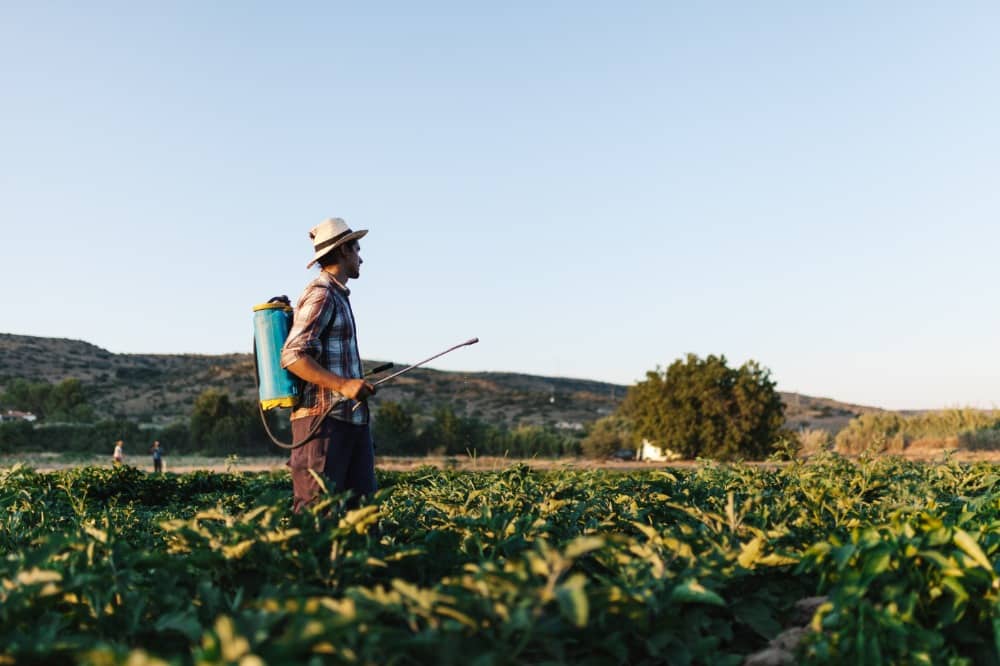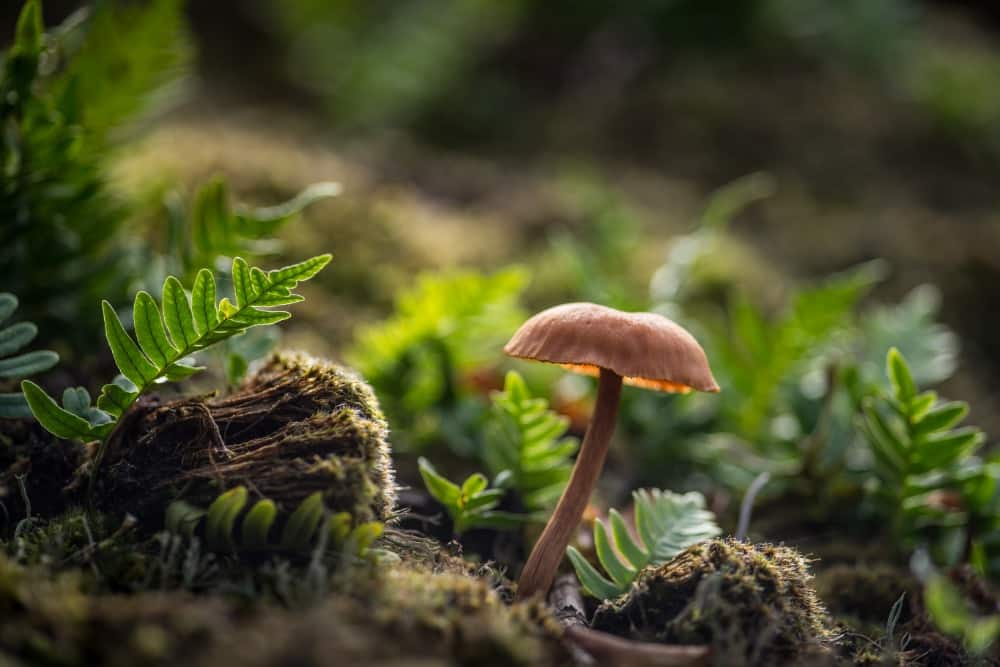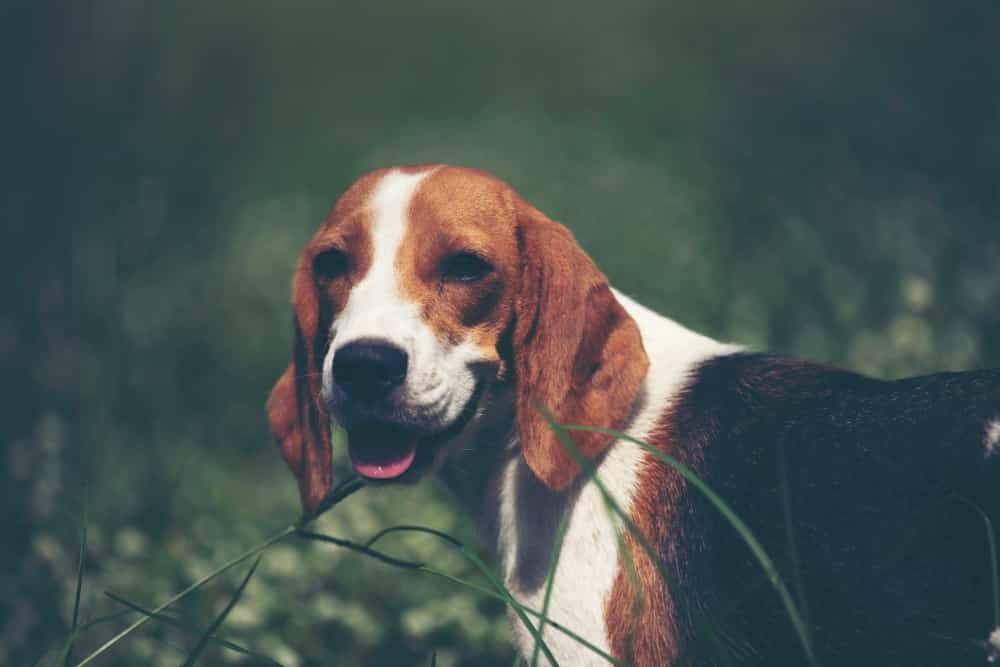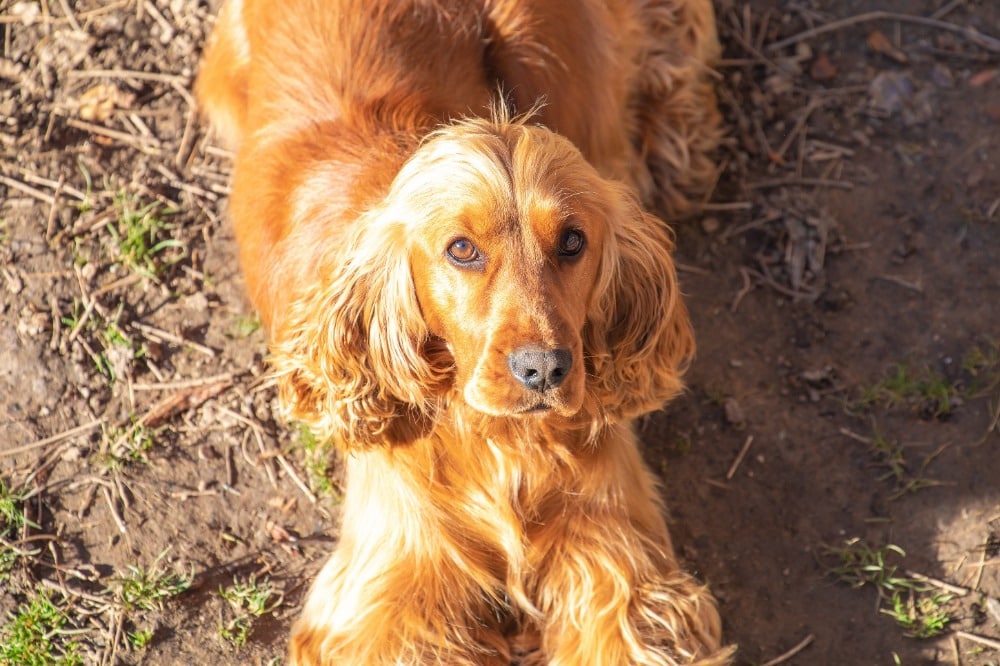We are dog lovers here at Latchkey Pets, and as dog lovers, there is no doubt that keeping your four-legged buddy safe is a top priority. If safety is top priority, this following article covers pet toxins to look out for. Most dog owners are well aware that you don’t feed your dog chocolate and keeping antifreeze and medications well out of the reach of those artful paws is important! Yet, did you know countless other things can be toxic to your dog? Some are in the home, others are in the garden, and many could be things that you have never considered a risk.
Let’s take a look at how you can make your dog’s environment a safer place, as well as what to do if you suspect that your pet has ingested something that could do it harm.
Outdoor and Indoor Pet Toxins to Look Out For
Garden Hazards
Insecticides/Rodenticides
Products for killing rodents are pet toxins and can severely harm a pet dog or cat. It is easy to think that your dog is not in any danger if the poison is out of reach; however, rodents can move the granules to other locations, and one of these could be a familiar space for your pet. Opt for other forms of pest control, such as traps or ultrasound, since they do not pose the same risk to your pet.
Fertilizers/Bone Meal
Soil amenders tend to have high nitrogen levels, and these can have severe effects on pets. Even ingesting the packaging that bone meal came in can cause problems. If your pet has any signs of nausea, vomiting, diarrhea, or lethargy, contact your veterinarian immediately.

Herbicides
Common herbicides such as pyridine and glyphosate can give your dog terrible gastrointestinal pain and even cause nervous system depression. If you use herbicides, keep your dog inside for some time after the application, or consider a natural alternative.
Mushrooms
Most of us know some mushrooms can be a significant health hazard to humans; however, the same is also true for our pets. The fact of the matter is that some mushrooms are non-toxic, others are highly toxic, and telling the difference can be quite the challenge.
If your dog shows signs of lethargy, nausea, vomiting, abdominal pain, tremors, or seizures and there is a risk they have been in an area where mushrooms are growing, it is vital to seek assistance straight away.
Greenery
That funny picture of a dog with a mouthful of leaves from the garden can appear harmless and funny unless the wrong plant is mixed in with the leaves.

Many outdoor plants are pet toxins and can be extremely harmful to dogs and cats; A few of the more common ones are as follows:
- Oilies
- Azaleas
- Crocus
- Laurel
- Aloe vera
- Daphne
- English Ivy
- Foxglove
- Hydrangea
- Rhododendrons
Hazards In The Home
Edible Dangers
Dogs just love to snack on things that they should not snack on. If this happens to be your latest pair of slippers, then the toxicity risk may be low, but the risk factor shoots up significantly if they have tracked down something more edible. Here are edible dangers that need to be kept well out of the reach of pets and are considered pet toxins:
- Alcohol in all forms (not just alcoholic drinks but also be wary of foods that contain alcohol)
- Caffeine (keep in mind drinks that have caffeine in)
- Chocolate
- Grapes and raisins
- Macadamia nuts
- Salt
- Tobacco products
- Yeast products
- Xylitol
Non Edible Hazards
Just because an item is not edible to humans does not mean that your dog will have the same opinion. Look out for the following household items that could cause serious issues if your pet decides to take a munch:
- Antifreeze
- Fabric softener sheets
- Liquid potpourri
- Mothballs
- Paints
- Bleach and household cleaning solutions
- Swimming pool chemicals

Dog Products
This one may come as a surprise, but a significant hazard risk to dogs can be products designed for them, particularly flea and tick products. Overuse of such products can be deadly to your pet. Always follow the instructions carefully and ensure that any leftover product is stored securely.
What Should You Do If You Think That Your Pet Has Ingested A Toxin?
The first thing that you need to do is act without delay. Toxicity can get worse very quickly, and often acting without delay can be the difference between your pet living or not. Call Pet Poison Control for the State of Missouri as soon as you suspect that your pet has ingested something toxic. Act quickly and ensure that your pet gets the treatment that they need.

The Bottom Line On Keeping Your Pet Safe From Toxic Hazards
As dog owners, we take the care of our four-legged friends very seriously. Latchkey Pets encourages pet owners to do all you can to ensure that our home and environment are safe for pets to enjoy and call home. We hope that the guide provided above has highlighted hazards that may be in your home or outdoor space. Take the time to remove pet toxins from areas your pet has access to, and try to choose natural products where possible. Removing or securing potentially hazardous items can help minimize the risk of any severe harm to your pets.
For more tips and advice on taking care of your pets and for daytime dog-walking services and more, visit our website! Contact us today if you’re looking for dog walkers you can trust.
